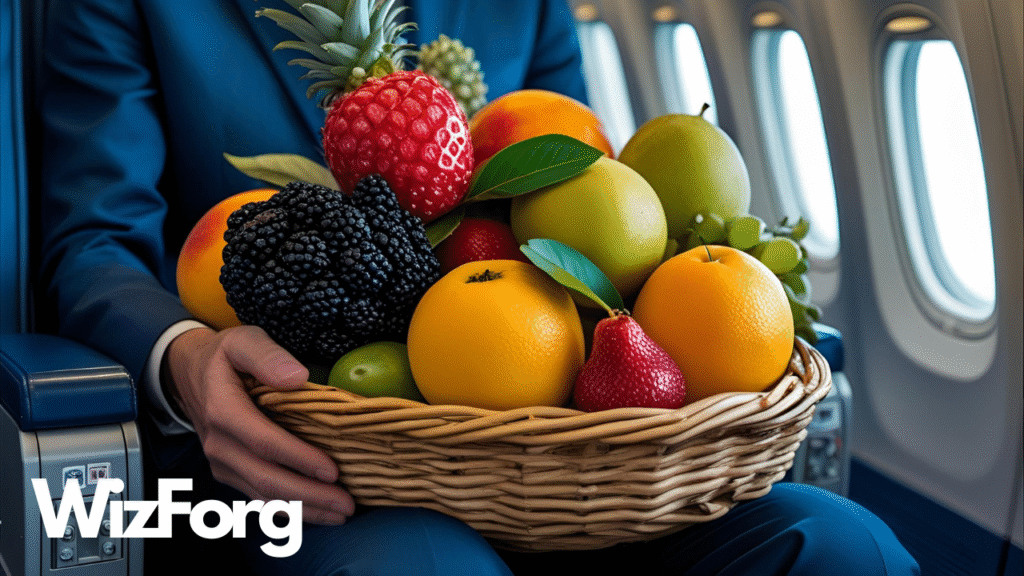You might think tossing a banana or mango into your carry-on is harmless. But when it comes to international and even domestic air travel, bringing fruit on a plane can lead to unexpected fines—or even confiscation at customs. So, what’s the big deal? The answer lies in the intersection of agriculture, ecology, and international law.
The Real Risk: Invasive Pests and Diseases
Fruits aren’t just sweet and portable snacks—they’re potential carriers of pests and pathogens. A single piece of fruit can harbor fruit fly larvae, bacteria, or fungi that are invisible to the naked eye. If those organisms escape into a new environment, they can destroy crops, damage ecosystems, and cause millions in economic loss. This is not just about personal fines but about the broader impact on our environment and economy.
That’s why countries have strict import laws. For example, the U.S. Department of Agriculture (USDA) prohibits certain fruits from entering the country without inspection. Even states like Hawaii, Florida, and California—known for their agriculture—enforce bans on specific produce coming in from other U.S. states.
Airport Customs Don’t Play Around
Customs and Border Protection (CBP) agents are trained to spot and confiscate undeclared food items, especially fruits and vegetables. If you’re caught sneaking in produce—intentionally or not—you could face significant fines or have your Global Entry status revoked. This is a serious matter that should not be taken lightly.
Airports often have marked bins for disposing of food items upon arrival. If you declare your fruit, they may inspect it and allow it (if safe), but in many cases, it’s simply not worth the risk.
What About Snacks on the Plane?
There’s a difference between what you can bring onboard and what you can bring into another country. You’re usually allowed to eat fruit during your flight. However, once you land, any leftover food must be declared or discarded. Always check with the airline and the customs website of the arrival country before traveling. It’s your responsibility to be informed and follow the rules.
Why the Rules Are So Strict
The reason these laws exist is to prevent environmental disasters. An outbreak of Mediterranean fruit flies, for example, could wipe out entire citrus crops. The damage from one mistake—one piece of fruit—can take years to reverse.
The Bottom Line
Fruits may seem harmless, but in the eyes of customs officials, they’re biological hazards. If you’re traveling internationally or even between agricultural states, be cautious. Declare everything, or better yet—eat it before you land.
Craving more unexpected travel truths and food facts? Visit wizforg.com and subscribe to our YouTube channel for weekly deep dives into what you can (and can’t) bring across borders.



